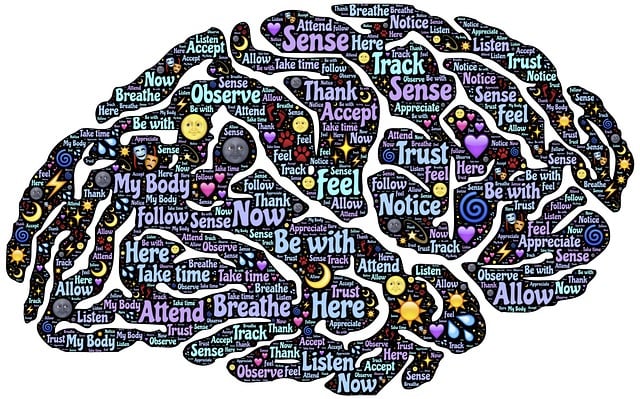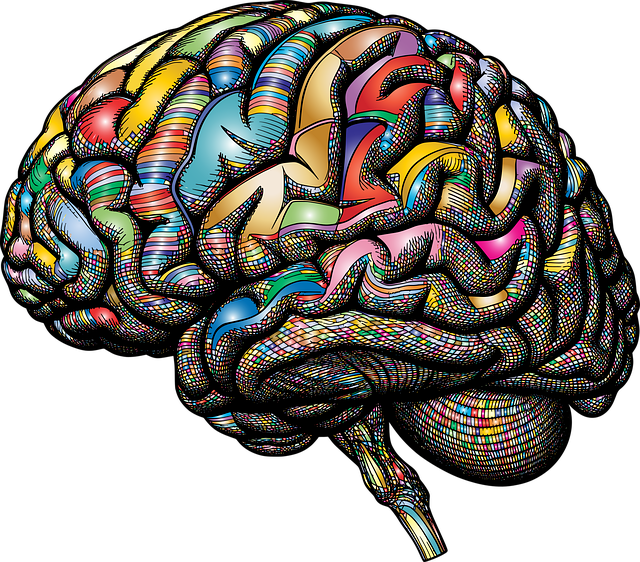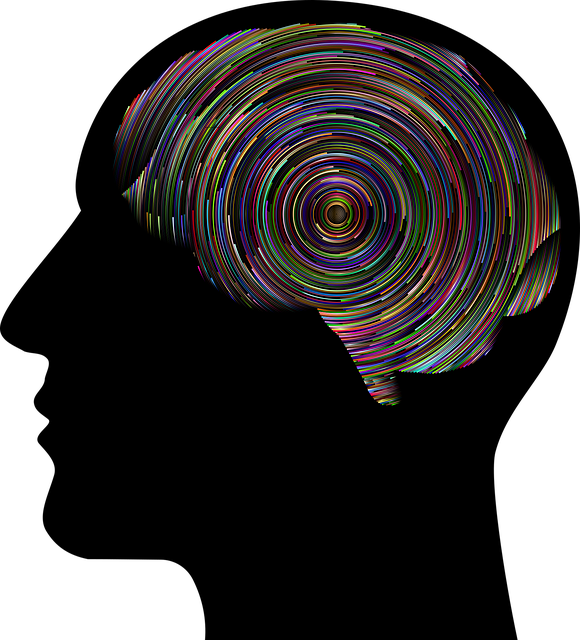Working with elderly clients in mental health therapy presents unique challenges including cognitive changes, physical limitations, and social isolation, which can impact their mental wellness. Elderly eating disorders are not rare and may manifest differently, often exacerbated by medication side effects or loss of independence. Therapists must prioritize self-care routines and implement emotional well-being promotion techniques tailored to aging clients' needs for effective, sustainable therapy. Risk management plans, including comprehensive risk assessment, self-care routines, public awareness campaigns, and specialized therapies like CBT adapted for geriatric patients, are essential for managing eating disorders in elders. Continuous evaluation and adaptation ensure tailored interventions and positive outcomes.
Mental health professionals face unique challenges when treating elderly clients, particularly those with eating disorders. This article delves into the essential aspect of risk management planning, offering a strategic approach to safeguard both therapists and patients. We explore the specific risks associated with elderly mental health therapy and eating disorders, providing insights on identifying potential hazards. Through comprehensive risk assessment, implementation of mitigation strategies, and continuous evaluation, professionals can ensure a safe and effective therapeutic environment, addressing critical issues in this domain, including therapy for elders with eating disorders.
- Understanding the Unique Risks in Elderly Mental Health Therapy
- Identifying Potential Hazards for Eating Disorders in Older Adults
- Developing a Comprehensive Risk Management Plan
- Implementing Strategies to Mitigate and Monitor Risks
- Continuous Evaluation and Adaptation for Effective Risk Management
Understanding the Unique Risks in Elderly Mental Health Therapy

Working with elderly clients presents unique challenges within mental health therapy. As individuals age, they may experience cognitive changes, physical limitations, and social isolation, all of which can impact their mental wellness. Therapy for elders often requires a nuanced approach that considers these specific risks. For instance, eating disorders among the elderly are not uncommon and may manifest differently than in younger populations. These disorders can be exacerbated by various factors such as medication side effects or the loss of independence.
Professionals must prioritize self-care routine development for better mental health to effectively navigate these complexities. By implementing emotional well-being promotion techniques tailored to the needs of aging clients, therapists can foster a supportive environment that addresses both the mind and body. This holistic approach ensures that therapy remains effective and sustainable while considering the unique risks present in elderly mental health care.
Identifying Potential Hazards for Eating Disorders in Older Adults

Identifying potential hazards related to eating disorders in older adults is a crucial step in risk management planning for mental health professionals. As the population ages, the prevalence of eating disorders among seniors has been increasing, often overlooked due to the stigma associated with these conditions. Older adults may present unique challenges, such as age-related physical changes, chronic illnesses, and social isolation, which can contribute to the development or exacerbation of eating disorders. For instance, an elderly individual might develop anorexia nervosa as a response to fear of weight gain related to aging or mobility issues, leading to severe nutritional deficiencies.
Mental health professionals should be adept at recognizing subtler signs of distress in this demographic, such as changes in appetite, food hoarding, or rigid meal routines. Given the complexity of older adults’ lives, including potential cognitive decline and medication interactions, therapists must employ tailored approaches for therapy for elders eating disorders. Burnout prevention strategies for healthcare providers are essential to ensure professionals remain equipped to support emotional healing processes and mood management in their elderly clients.
Developing a Comprehensive Risk Management Plan

Mental health professionals are often on the front line when it comes to addressing complex and sensitive issues, such as eating disorders in elderly patients. Therefore, a robust Risk Management Plan is essential to ensure their well-being and effective practice. This plan should encompass a thorough Risk Assessment for Mental Health Professionals, considering various aspects unique to the field of geriatric therapy. It involves identifying potential risks, hazards, and stressors related to treating elders with eating disorders, as well as implementing strategies to mitigate these risks.
The process includes developing tailored self-care routines focused on psychological and physical wellbeing, given the demanding nature of their work. Moreover, fostering public awareness through Public Awareness Campaigns Development can help destigmatize mental health issues among the elderly and provide much-needed support. Integrating these proactive measures into a comprehensive risk management strategy allows mental health professionals to not only protect themselves but also enhance the quality and accessibility of therapy for elders struggling with eating disorders.
Implementing Strategies to Mitigate and Monitor Risks

Effective risk management planning for mental health professionals involves a multi-faceted approach to mitigate and monitor risks. One key strategy is integrating specialized therapies tailored to specific populations, such as therapy for elders with eating disorders. This not only addresses unique challenges faced by elderly individuals but also enhances overall treatment outcomes. For instance, cognitive behavioral therapy (CBT) adapted for geriatric care can significantly improve symptoms of anxiety and promote better dietary habits.
Additionally, mental health professionals should emphasize the importance of resilience-building techniques and social skills training as part of their risk management strategies. These interventions empower clients to cope with stressors, foster meaningful connections, and ultimately reduce the likelihood of adverse events. Regular monitoring and evaluation are essential components of this process, allowing professionals to adjust treatment plans accordingly and ensure the best possible care for their clients.
Continuous Evaluation and Adaptation for Effective Risk Management

Mental health professionals must adopt a dynamic approach to risk management planning, emphasizing continuous evaluation and adaptation. This involves regularly reassessing client profiles, incorporating advanced assessment tools, and staying updated with emerging research and best practices. By doing so, they can tailor interventions effectively, addressing evolving mental health challenges such as those faced by elders suffering from eating disorders. For instance, integrating mindfulness meditation and emotional intelligence techniques into therapy has proven beneficial for this demographic, enhancing their emotional well-being promotion strategies.
Regular adaptation ensures that risk management remains relevant and effective, accounting for individual differences, cultural nuances, and the ever-changing landscape of mental health care. This proactive approach not only minimizes potential risks but also fosters a more responsive and successful therapeutic environment, particularly when dealing with complex conditions like eating disorders in elderly patients.
Mental health professionals working with elderly clients, particularly those suffering from eating disorders, face unique challenges. By understanding and proactively managing risks, therapists can provide safer, more effective therapy for elders with these complex conditions. Implementing a comprehensive risk management plan, utilizing tailored strategies, and continuously evaluating the approach ensures optimal care and positive outcomes for this vulnerable population, addressing critical needs in the field of geriatric mental health, including therapy for elders eating disorders.











